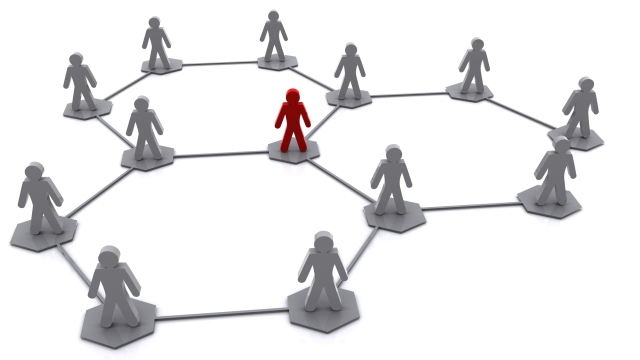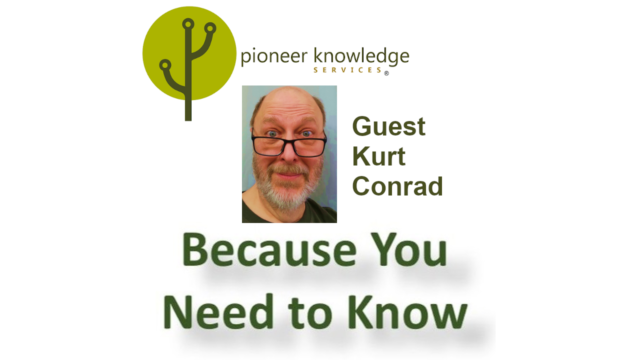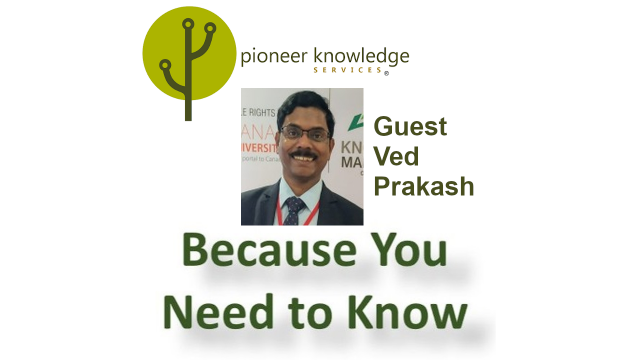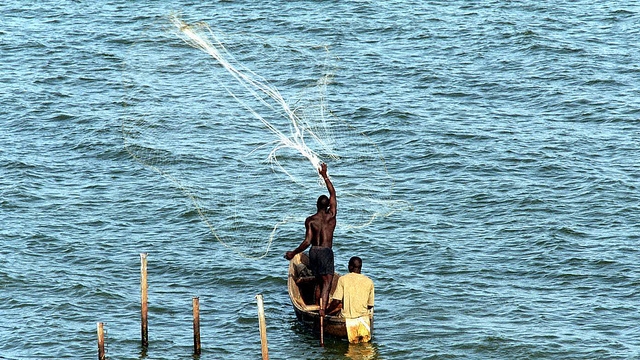
Get the flu more than others? Take a look at your social networks
Do you seem to get the flu more often than other people? Writing in ABC Science, RMIT University lecturer Dr Stephen Davis discusses the extent to which complex social networks influence our lives, in particular how likely we are to catch or spread diseases like the flu.
He cites studies showing that during a disease outbreak, people near the centre of a social network1 are more likely to get sick and are more likely to be one of the first to get sick, and that obesity spreads through social networks2 in a similar way to viruses.
Davis advises that “distributions of connectedness mean that public health authorities can target people who are the most responsible for transmitting disease,” and offers this advice:
Connectedness and disease do go hand in hand. If you are a highly social person (a hub in your social network) you are more likely to get sick and you’ll be one of the first to get sick. In that case make sure you get the flu vaccine.
However, it’s not all bad news. Davis also discusses research showing that people with large social networks later in life may live longer3, and we’ve also previously seen how social networks influence career success.
The themes discussed in Davis’ article are also the focus of a TED presentation by Nicholas Christakis, who is co-author of two of the studies cited by Davis.
- Christakis N.A. & Fowler J.H. (2010). Social Network Sensors for Early Detection of Contagious Outbreaks. PLoS ONE 5(9): e12948. doi: 10.1371/journal.pone.0012948 ↩
- Christakis, N.A. & Fowler, J.H. (2007). The Spread of Obesity in a Large Social Network over 32 Years. New England Journal of Medicine, 357, 370-379. ↩
- Giles, L., Glonek, G., Luszcz, M., & Andrews, G. (2005). Effect of social networks on 10 year survival in very old Australians: the Australian longitudinal study of aging. Journal of Epidemiology and Community Health, 59(7), 574–579. http://doi.org/10.1136/jech.2004.025429 ↩
Also published on Medium.






